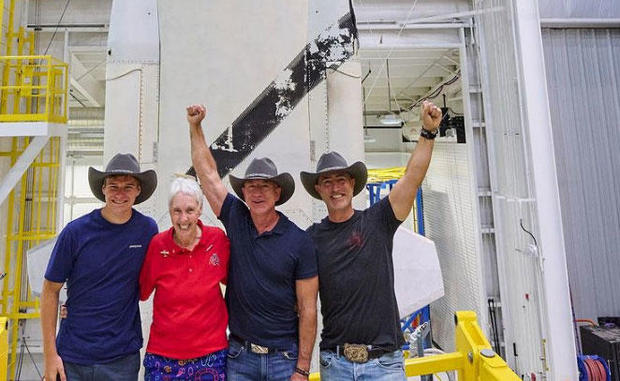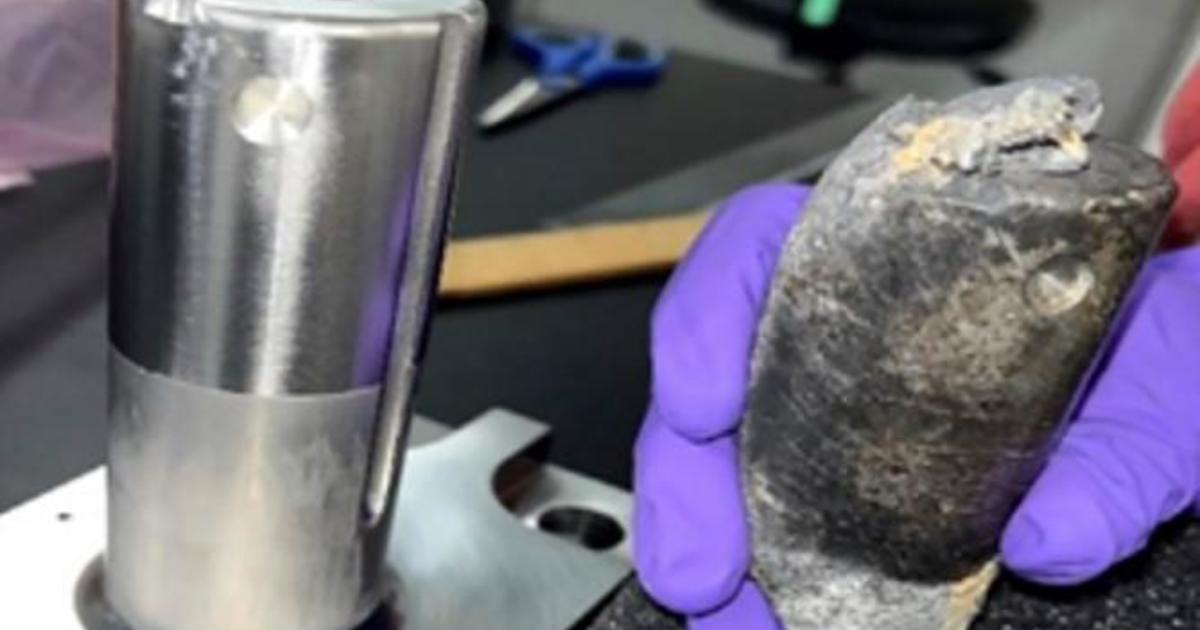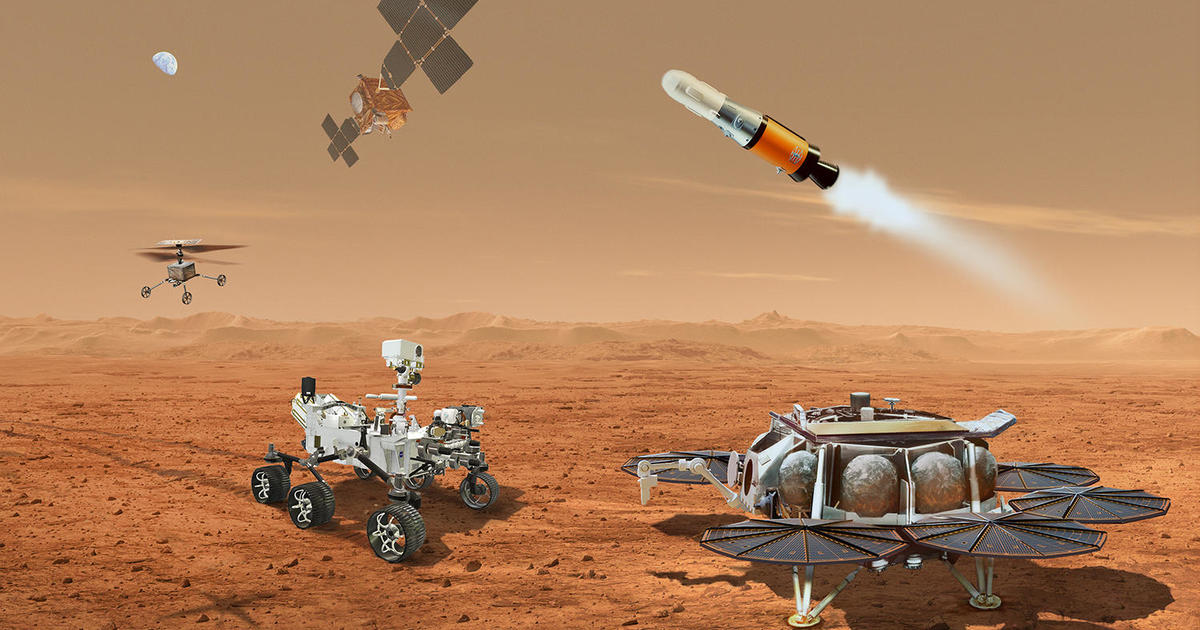New Shepard rocket ready to boost Bezos and three crewmates into space
While Jeff Bezos and his three crewmates worked through a two-day "astronaut" training course, engineers on Sunday tentatively cleared their New Shepard rocket and capsule for blastoff Tuesday on a 10-minute up-and-down flight to the edge of space, matching rival Richard Branson's feat nine days earlier.
Blue Origin, the space company Bezos founded two decades ago, plans to launch the company's New Shepard rocket and crew capsule from its west Texas flight facility at 9 a.m. EDT Tuesday.
Liftoff will mark the 16th flight of a New Shepard spacecraft, but the first with passengers onboard. Joining Amazon founder Bezos will be his brother, Mark, 82-year-old aviation pioneer Wally Funk and Oliver Daemen, an 18-year-old Dutchman who is Blue Origin's first paying customer.
"We've looked at all the vehicle systems, including hardware, software, procedures and launch crew readiness," Blue Origin Launch Director Steve Lanius told reporters Sunday. "We are not currently working any open issues and New Shepard is ready to fly."
Forecasters predict a chance of thunderstorms early in the morning, but Lanius said they expect conditions to be favorable at launch time.
Bezos and his crewmates are working through a two-day training program to familiarize them with the New Shepard crew capsule, combining classroom work with procedure reviews using a spacecraft simulator.
Unlike Branson's Virgin Galactic spaceplane, which is manually flown by professional pilots, New Shepard is fully automated, launching atop a reusable single-stage rocket and then soaring out of the lower atmosphere on its own before arcing over for a parachute descent to Earth.
There are no pilots or flight controls onboard, and while passengers don't need the sort of extensive training professional astronauts undergo, company trainers want to make sure they understand what to expect, from the acceleration of powered flight through the brief period of weightlessness they will enjoy before returning to Earth.
"Our training is comprehensive and gets the crew prepped for everything they need to know about the vehicle," Lanius said, adding the training meets requirements set by the Federal Aviation Administration. "It consists of 14 hours over a two-day span and includes classroom instruction, demonstrations and practice in a training capsule.
"The training covers nominal, off nominal and emergency procedures, including zero-G seat egress and ingress, emergency egress and fire response and emergency breathing mask usage. The training culminates in mission rehearsals covering five different scenarios and a final exam."
Based on training with stand-in astronauts, "we are fully confident that our astronauts will be ready to fly on Tuesday."





